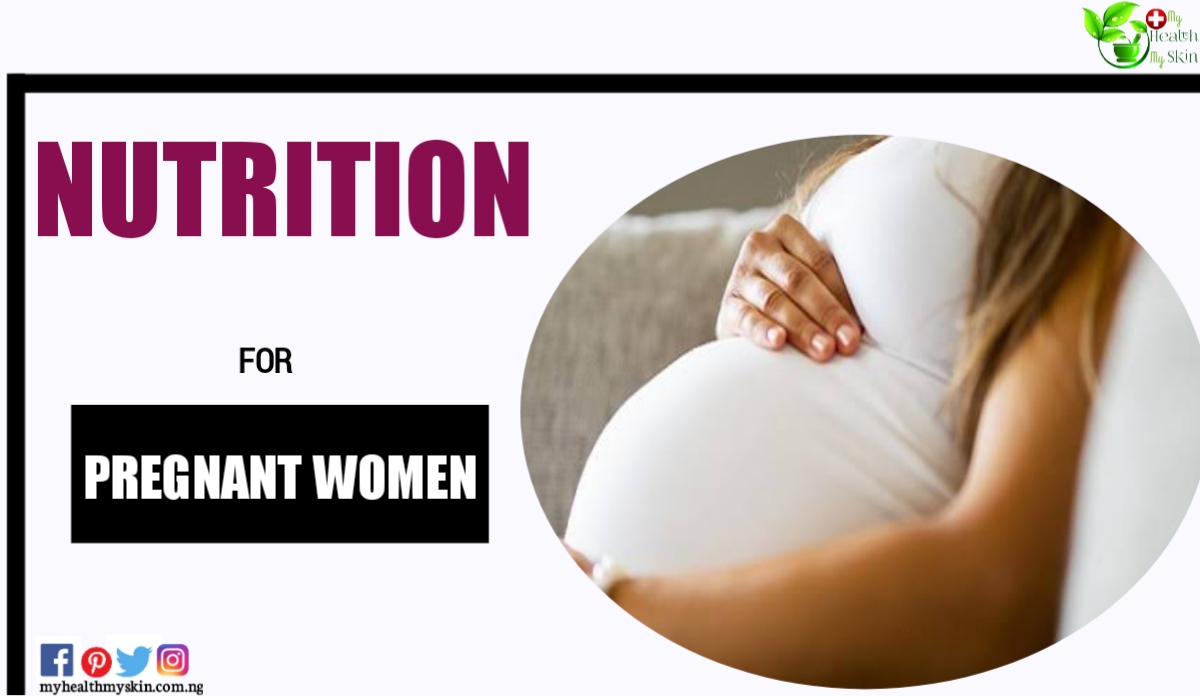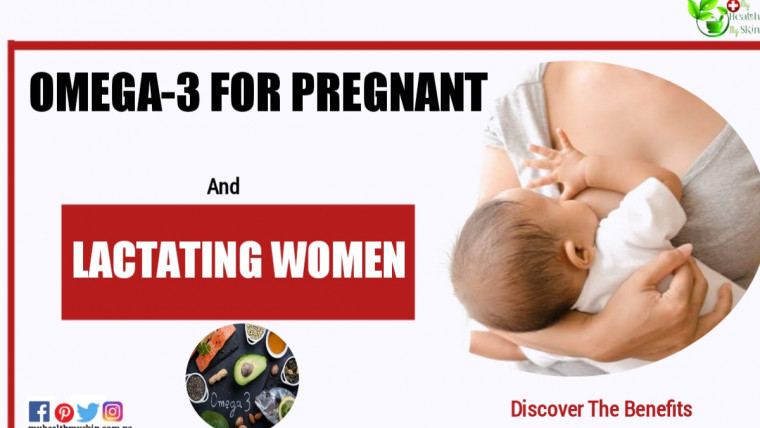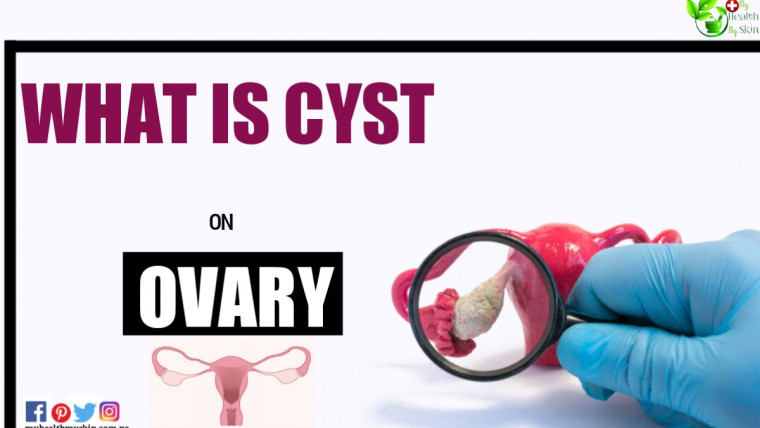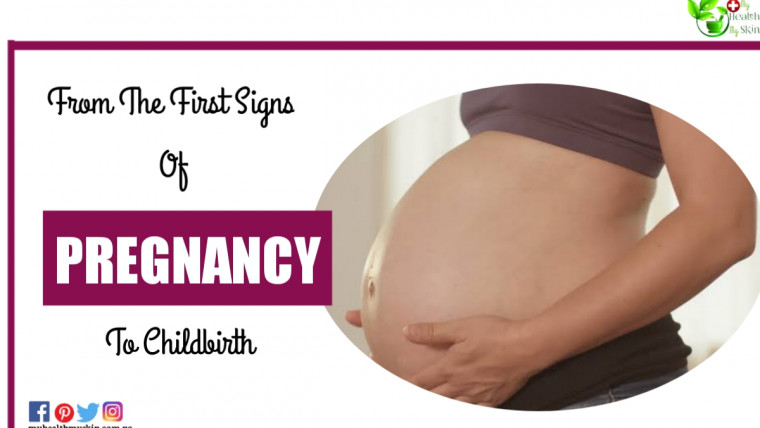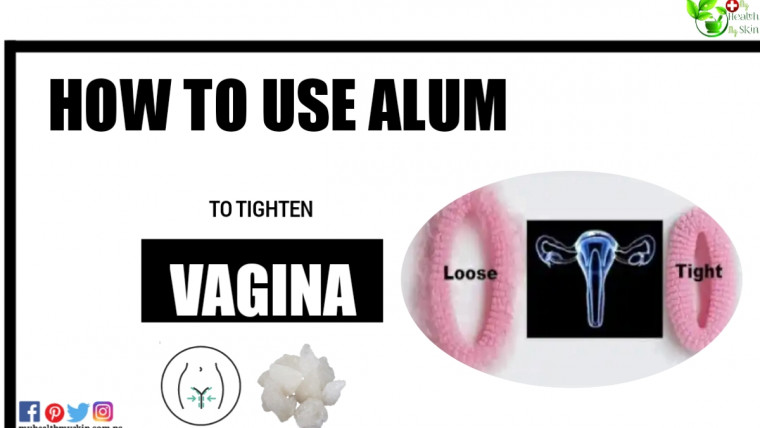Pregnancy is a notable period in the life of women, during which they seek to take care of their health, for themselves and their future child (ren). To see more post on Women’s Health click here.
Here are some tips on how to feed pregnant women, which is essential.
Definition: Nutrition For Pregnant Women
What does the diet of a pregnant woman correspond to?
The diet of pregnant women is the capital element to ensure their nutritional needs but also those of the fetus, so that it can grow and develop.

During pregnancy, it is necessary to privilege the qualitative over the quantitative. In other words, we should therefore not eat twice as much, but rather twice as much.
Balancing and varying your diet are therefore the watchwords to apply, by following these few recommendations:
- Eat at least 5 fruits and vegetables per day;
- Eat bread, cereals and other starches with each meal , depending on appetite;
- Consume 3 dairy products daily;
- Eat meat, fish or eggs once or twice a day;
- Drink water at will;
- Limit the consumption of fat, salt and sweet products.
During this time, many women experience cravings or cravings for certain foods.
Sometimes it is the other way around, they do not feel nausea almost constantly or are bothered by the smells. It is therefore not always easy to maintain a balanced diet.
What Nutrients Are Important During Pregnancy?
The timing of meals can be a solution for some women. One or two snacks added to 3 meals a day can be the solution.
Provided, of course, that they are balanced (a fruit and a dairy product for example). These snacks would lighten main meals, calm cravings and avoid snacking.
Starchy foods (breads, cereals, pasta, rice, semolina, potatoes, etc.) and pulses (lentils, peas, flageolet beans, etc.) are recommended with each meal.
They are, in fact, rich in slow sugars, and help regulate appetite throughout the day.
It is unnecessary to take vitamin supplements during pregnancy in addition to those prescribed by the gynecologist or midwife. They can even be dangerous in some cases.
However, some vitamins and minerals are especially important during this time. The consumption of food, containing it in large quantities, is therefore indicated:
Vitamin B9 (folate) supplementation is routinely prescribed to all women planning to have a baby and during the first trimester of pregnancy.
Vitamin B9 deficiency can cause serious complications for the development of the fetal spine, skull and brain.
This folate intake is used to prevent spina bifida (absence of closure of the neural tube, precursor of the spinal cord) and to a lesser extent facial malformations such as cleft lip and palate, also called hare lip, as well as malformations. cardiac.
Folate can be found in the diet, in particular, green vegetables, chickpeas, walnuts or even chestnuts.
Calcium is essential for the formation of the fetal skeleton.
The consumption of milk and dairy products (at least 3 per day) is sufficient to cover the calcium needs of the pregnant woman and the fetus.
For those who do not like dairy products, other sources are to be preferred: mineral waters rich in calcium (content greater than 150 mg / l) or vegetable milks (almond, soy or oat milk).
Be careful, however, with soy products , because they contain derivatives of female hormones. Therefore, their consumption should be limited to one product per day, throughout pregnancy.
The vitamin D is essential for calcium absorption by the body and is essential for the woman and her baby.
Certain foods contain interesting amounts of vitamin D, in particular fatty fish (sardines, salmon, trout, tuna, etc.) and dairy products enriched with vitamin D.
Exposure to the sun also allows the body to synthesize it. In some cases, supplementation may be prescribed during pregnancy.
The dietary intake of iron are important to prevent anemia: low red blood cells (which carry oxygen from the lungs and the organs) and hemoglobin. Iron is contained in meats (especially red meats and black pudding), fish and pulses.
In case of iron deficiency, an iron-based medicine will be prescribed by the healthcare professional who follows the pregnancy.
The iodine participates in the functioning of the thyroid gland, but also to the development of the fetal brain.
To ensure adequate intake of iodine, it is recommended to consume well-cooked shellfish, sea fish, milk, dairy products and eggs. Iodized salt can also be used to cook and season dishes.
Nutrition For Pregnant Women: Some Precautions
About eating fish
Fish
Fish is a nutritionally very interesting food, but it can be contaminated by pollutants from the marine environment.
In pregnant women, it is recommended to consume fish twice a week, including fatty fish once (salmon, sardines, mackerel, trout, herring, etc.). To limit the risks, it is preferable to vary the species of fish and the sources of supply.
Certain species of fish should be consumed in a limited way (eel, barbel, carp, catfish, monkfish, sea bass, bonito, emperor, pomegranate, halibut, pike, sea bream, ray, saber, tuna), or simply avoided during pregnancy ( marlin, siki, shark, lamprey).
The Constipation
Many pregnant women complain of constipation during pregnancy. This inconvenience is partly linked to physiological disturbances in pregnancy, but it can also result from an unbalanced diet.
Some tips can help limit constipation:
- Drink sufficient water, or even drink mineral water enriched with magnesium (content greater than 50 mg / l);
- Eat foods rich in fiber (fruits and vegetables, wholegrain breads, whole grains);
- Practice a physical activity equivalent to 30 minutes of daily walking.
The use of laxatives should be avoided without medical advice.
Food Poisoning
The pregnant women are particularly susceptible to food poisoning that can result in serious risks to her and her fetus (birth defects, miscarriage, death in utero).
To minimize the risk of infection, some precautions are necessary for the storage and preparation of food:
- Wash hands frequently, especially before preparing meals;
- Wrap delicate foods (meat, fish, ready meals) well before putting them in the refrigerator;
- Separate raw and cooked foods;
- Regularly clean the refrigerator;
- Avoid preparations containing raw eggs (chocolate mousse, mayonnaise);
- Check and respect the food consumption deadlines;
- Cook meat and fish well;
- Avoid raw milk cheeses, soft cheeses with a bloomy rind (Camembert, Brie) and washed rind (Munster);
- Avoid cold cuts, in particular rillettes, foie gras and jelly products;
- Do not consume liver or products derived from the liver;
- Avoid raw meats or fish, smoked fish, raw shellfish and cooked shellfish sold peeled.
Toxoplasmosis
In pregnant women who are not immune to toxoplasmosis, additional precautions are necessary to avoid contracting this disease during pregnancy:
- Do not eat raw or undercooked meat;
- Avoid smoked or marinated meats except when they are well cooked;
- Wash yourself, fruits, vegetables and herbs very carefully (with soapy water or white vinegar) to get rid of any soil residue (the parasite responsible for toxoplasmosis is present in the soil);
- Avoid changing cat litter as much as possible.
